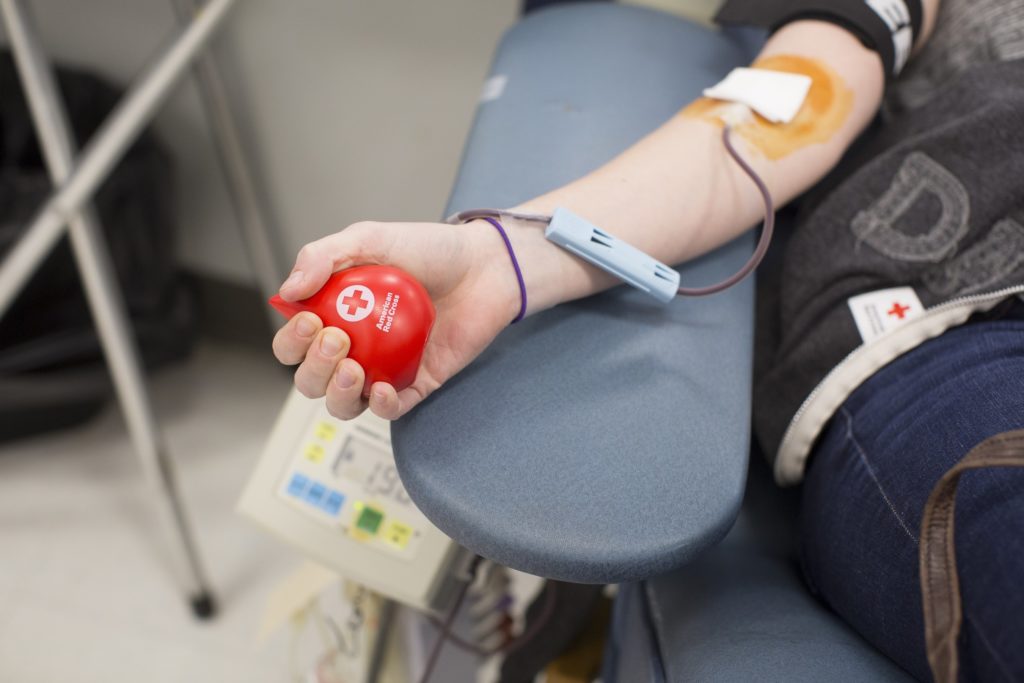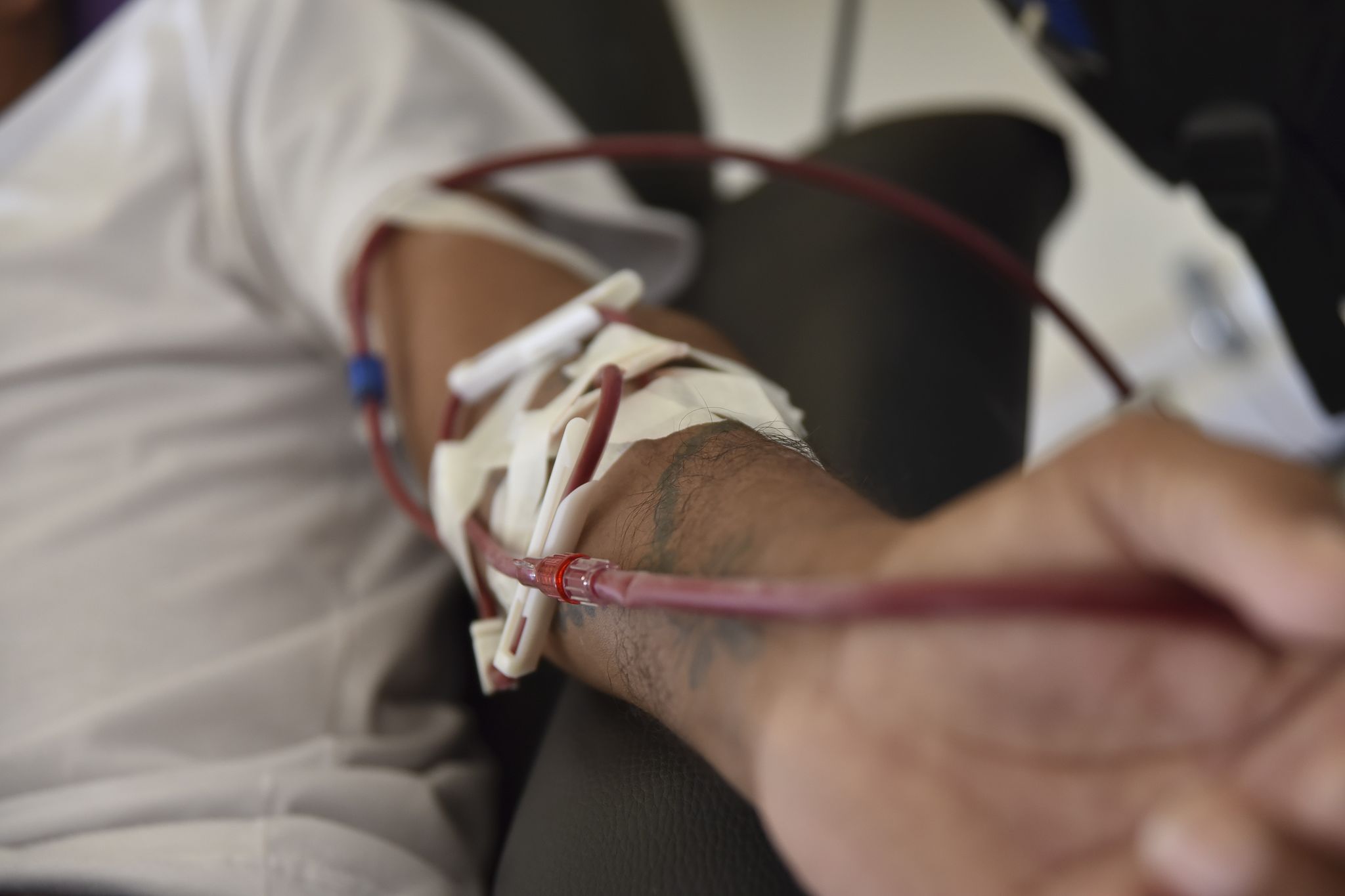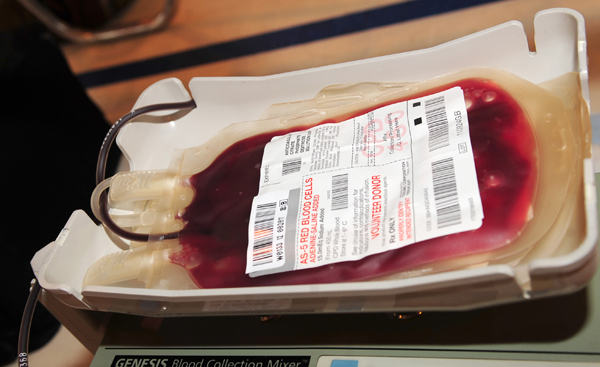As a result of the decline in the number of individuals donating blood each year, the American Red Cross has launched their #MissingTypes campaign to raise awareness about the importance of lifesaving blood products. Their hope is that the international campaign will encourage new blood donors, along with those who haven’t donated recently, to make an appointment to make their contribution.
“Everyday thousands of patients across the United States rely on generous blood donors for critical blood transfusions,” said Gail McGovern, president and CEO of the Red Cross. “However, we have seen a troubling decline in the number of new blood donors. We urge the public to roll up a sleeve and fill the missing types before these lifesaving letters go missing from hospital shelves.”
In partnership with major corporations and brands including Google, Mastercard, Domino’s and the New York Yankees, the American Red Cross is highlighting the importance of the letters A, B, O, which are all blood types, by removing them from company logos and websites. The American Red Cross shows the importance of these letters by removing them from its own name, saying, “After all, there is no _meric_n Red Cr_ss without the A’s and O.”
The American Red Cross says that the number of blood donors in the US has dropped by a whopping 80,000 each year, and that other blood collection organizations around the world have seen similar declines. They believe that this decline could be attributed to widespread misconception about patient transfusion needs.
A company which conducted a 500-person survey for the Red Cross found that 74 percent of the public underestimated how frequently Americans require a blood transfusion. Those surveyed believed that blood products may only be needed every 15 minutes to two hours, whereas someone in the US requires a blood transfusion every two seconds.
While only three percent of the US population will donate blood in a given year, 45 percent of the survey respondents reported that they had a friend, family member or other person in their lives who had benefitted from a blood transfusion. What’s more, blood shortages are a very real occurrence in the US and other countries, yet 35 percent of people say they’ve never been concerned that blood may not be available if and when they needed it.
One of the more encouraging misconceptions uncovered by the survey was that over half of the public thought they needed to know their blood type in advance of donating. The American Red Cross hopes to dispel this myth by telling potential donors that they’ll provide them with their blood type after they’ve given their donation.
The Missing Types campaign also takes on a human element as the Red Cross produced a video sharing the story of 12-year-old Tymia, who was diagnosed with sickle cell disease. Tymia relies on regular blood transfusions to treat the inherited condition, however on one such trip to the hospital last year, Tymia and her mother found that her blood type wasn’t available.
“It was the scariest, most frightening moment of a mother’s life because I thought that she would not be able to get it,” said Susie Pitts, Tymia’s mother. “In that moment, in that experience, I was very afraid. I was scared for my daughter’s life—what was going to happen if she didn’t get the blood she needed?”
While this story has a happy ending – a nurse eventually secured enough of the blood product eight hours after Tymia arrived at the hospital – it still serves as a warning that blood shortages will continue to affect patients until more donors are secured. The American Red Cross and its commercial partners are urging people across the country to join the #MissingType campaign and make an appointment to make their donation to ensure that burn victims, cancer patients, those undergoing surgery and other individuals have uninterrupted access to the blood products they need.












Join or login to leave a comment
JOIN LOGIN